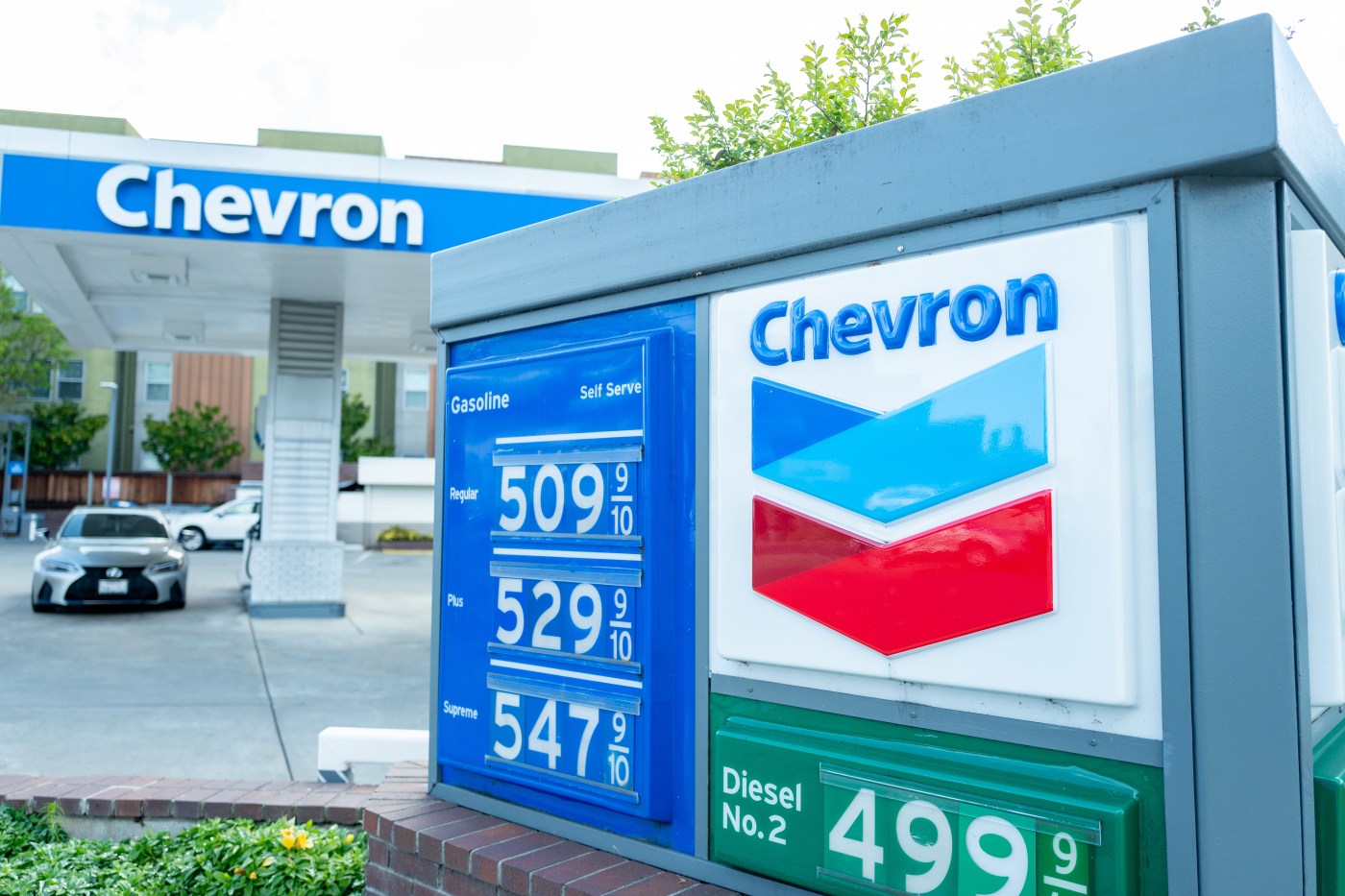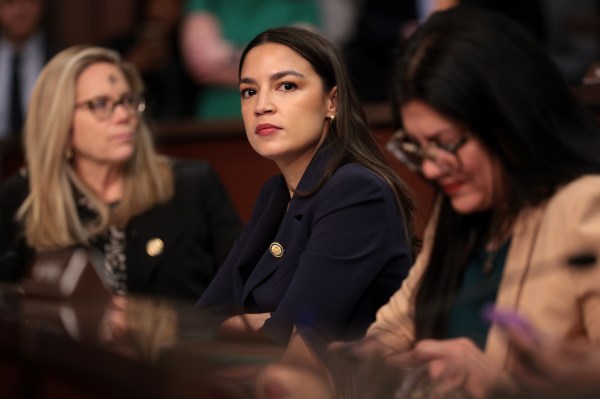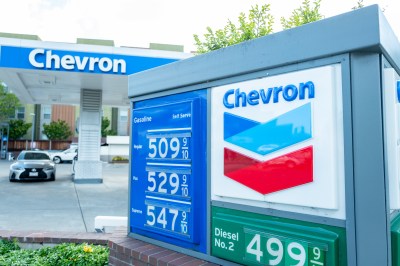California is set to enact stricter fuel standards aimed at reducing vehicle carbon emissions, igniting concerns of higher gas prices for California drivers. One California lawmaker described a bill aimed at blocking the new standards as “a bill to reverse a new 65-cent gas tax hike.” While research indicates that the standards are likely to increase gas prices in the state, calling this a gas-tax increase is incorrect.
Under the updated Low Carbon Fuel Standard set to take effect July 1, California fuel producers who don’t meet the “declining carbon intensity target” will have to purchase credits from producers whose fuel falls within the state’s new standards.
In February, a group of state GOP lawmakers backed legislation, Assembly Bill 12, to block the new standards from taking effect. Democrats hold a supermajority in the Assembly and voted on June 2 against the bill. The state Senate also rejected its version of the bill, Senate Bill 2, on June 4, all but assuring the new standards will go into effect on July 1.
That evening, GOP state Rep. Carl DeMaio shared on social media a chart displaying the names of California Assembly members and their respective votes on Assembly Bill 12, calling those who voted against the bill “gas tax hikers.” “CA Assembly Democrats just voted to kill AB 12,” he tweeted, “a bill to reverse a new 65-cent gas tax hike.”
Hours later, the X account for the press office of California Gov. Gavin Newsom, a Democrat and proponent of the new fuel carbon intensity standards, responded to DeMaio, asserting the GOP member’s assertion was “UTTERLY FALSE.” “There is no ‘65-cent gas tax hike,’” the governor’s office tweeted. “Would stick to independent research rather than whatever is being pushed out by Big Oil.”
Newsom’s office is correct that there is no 65-cents-per-gallon increase on the state gas tax. However, an October 2024 study from the University of Pennsylvania’s Kleinman Center for Energy Policy found that the new fuel standards could cause a gas price increase of up to 65 cents per gallon in the “near term.” Separate from the updated fuel standards, the state’s gas price is set to increase by less than two cents, from 59.6 cents to 61.2 cents per gallon, also effective July 1, and would not have been repealed under Assembly Bill 12. That increase came through legislation signed by former California Gov. Jerry Brown in 2017, which, starting in 2020, tied gas tax increases to inflation, a communications official for Newsom noted to The Dispatch Fact Check, adding that the revenue collected was used to fund transportation infrastructure.
The California Air Resources Board (CARB) implemented the Low Carbon Fuel Standard (LCFS) in 2011. It’s a cap-and-trade program in which the target threshold for carbon intensity—the concentration of carbon dioxide emitted from the fuel—declines each year, and the new LCFS rules would accelerate the annual decline. Producers whose fuel exceeds the new carbon intensity cap may either produce alternative fuels that fit within the government-prescribed limit or purchase credits from producers of fuel with lower carbon intensity.
Notably, the state does not collect revenue through this program, which is designed to financially reward producers who produce fuel with low carbon intensity through the credit system. Producers of high-carbon-intensity are incentivized to switch their production to lower-carbon alternatives to avoid purchasing credits. Those fuel producers pay for the credits directly, but part of that cost will be passed down to consumers. Moreover, the new LCFS may also decrease overall fuel production: Producers of higher-carbon-intensity fuel may seek to produce less to avoid paying more credits, and producers who switch to lower-carbon-intensity alternatives—for example, fuel blended with biofuels or ethanol—will need to pay for those additional input costs, limiting their ability to scale up their businesses, and subsequently restraining supply.
Another goal of the fuel standards is to make electric vehicles more affordable by awarding credits to firms that generate electricity for charging stations, which function similarly to a subsidy. According to CARB, the revenue generated from these credits will increase the number of charging stations, lowering the recharge costs for electric vehicle owners.
How much of a price increase should California drivers expect? In September 2023, CARB published a report estimating that the updated carbon intensity fuel targets would increase state gas prices by up to $0.47. But CARB rescinded that estimate in December 2023. “This metric was incomplete as it looked only at fossil fuels and did not capture all of the transportation fuels that will be available in response to these regulatory updates,” a CARB overview from August 2024 stated. Specifically, they explained that the initial estimates were pulled because they did not consider that “all benefits of program credits for competing fuels would be passed through to the end user.” In other words, California regulators expect that producers of low-carbon-intensity fuel that earn and sell clean energy credits will pass down those benefits to consumers through lower prices.
The LCFS targets that CARB’s initial estimates were based on were later slightly revised, and, with uncertainty around the standard’s associated costs, Danny Cullenward—a senior fellow at the University of Pennsylvania’s Kleinman Center for Energy Policy and vice chair of California’s Independent Emissions Market Advisory Committee—updated CARB’s “original cost calculations based on the latest regulatory proposal.” In a study published by the Kleinman Center, Cullenward estimated that the new LCFS targets would increase state gas prices by up to 65 cents a gallon in the near term, and could further inflate to 85 cents a gallon by 2030, and $1.50 by 2035. However, Cullenward added that those projections assume that the LCFS credits will be sold at the highest price that CARB permits. “These are upper-bound estimates of program impacts and depend on LCFS credit prices,” he explained in the study, “which are fundamentally uncertain and could easily be lower.”
When asked about Cullenward’s report and the effect the LCFS may have in inflating consumer gas prices, a communications official for Newsom pointed out to The Dispatch Fact Check that the average state gas price has declined 23 cents per gallon in the last year.
The Dispatch Fact Check has reached out to the office of Assemblyman Carl DeMaio.
If you have a claim you would like to see us fact-check, please send us an email at factcheck@thedispatch.com. If you would like to suggest a correction to this piece or any other Dispatch article, please email corrections@thedispatch.com.







Please note that we at The Dispatch hold ourselves, our work, and our commenters to a higher standard than other places on the internet. We welcome comments that foster genuine debate or discussion—including comments critical of us or our work—but responses that include ad hominem attacks on fellow Dispatch members or are intended to stoke fear and anger may be moderated.
With your membership, you only have the ability to comment on The Morning Dispatch articles. Consider upgrading to join the conversation everywhere.